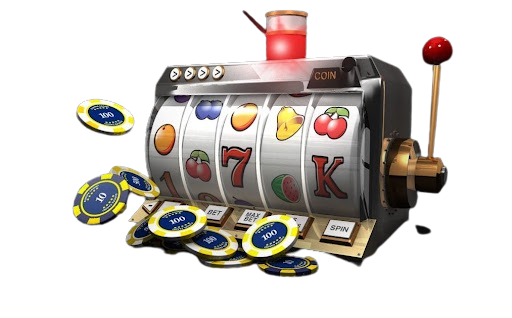In our current reality where innovation keeps on developing at a fast speed, one type of diversion stays immortal: games. From the antiquated civilizations enjoying vital prepackaged games to the advanced time’s vivid augmented experiences, games have enraptured the hearts and brains of people across societies and ages. We should leave on an excursion through the different scene of games, investigating their development, influence, and the vast conceivable outcomes they offer.
The Development of Games: From Pong to Augmented Realities
The historical backdrop of games follows back millennia, with proof of early tabletop games found in archeological disclosures tracing all the way back to antiquated Egypt and Mesopotamia. These early games served as wellsprings of diversion as well as instruments for socialization, ability improvement, and, surprisingly, strict customs.
Quick forward to the twentieth hundred years, and the development of electronic games reformed the business. From the basic yet habit-forming Pong to the pivotal Super Mario Brothers., computer games turned into a social peculiarity, enrapturing players with their intuitive encounters and creative universes. The approach of home control center, for example, the Atari 2600 and the Nintendo Theater setup (NES), carried gaming into the family rooms of millions, solidifying its place in mainstream society.
As innovation progressed, so did the intricacy and submersion of games. The ASTONSLOT ascent of PCs and the web prompted the advancement of hugely multiplayer web based games (MMOs), where players from around the globe could associate and work together in tremendous virtual universes. With the coming of cell phones and tablets, easygoing gaming arrived at new levels, making games open to a more extensive crowd than any time in recent memory.
Today, we stand near the precarious edge of another time of gaming with the rise of computer generated reality (VR) and increased reality (AR) advancements. These vivid innovations vow to move players to completely new aspects, obscuring the lines between the virtual and the genuine.
The Effect of Games: Past Diversion
While games are essentially connected with diversion, their impact stretches out a long ways past simple entertainment. Research has demonstrated the way that gaming can have a scope of mental, profound, and social advantages. From further developing critical thinking abilities and spatial attention to encouraging inventiveness and cooperation, games offer important open doors for learning and self-awareness.
Besides, games have turned into a strong vehicle for narrating and imaginative articulation. Titles like “The Remainder of Us,” “Excursion,” and “Life is Abnormal” have shown the profound profundity and account intricacy that games can accomplish, testing the thought of games as simple interruptions and hoisting them to the domain of craftsmanship.
Past individual advantages, games have likewise assumed a critical part in forming networks and fashioning associations. Internet gaming networks give a space to players to meet up, structure kinships, and offer their energy for gaming. Esports, or cutthroat gaming, has flooded in ubiquity, with proficient players going after popularity, fortune, and magnificence in competitions watched by millions all over the planet.
The Fate of Games: Where Limits Blur and Creative mind Takes off
As we plan ahead, the opportunities for games appear to be boundless. With progressions in man-made brainpower, computer generated reality, and other arising advancements, we can anticipate that games should turn out to be significantly more vivid, intuitive, and similar. From simulated intelligence driven NPCs that adjust and develop to player activities to completely vivid virtual universes unclear from the real world, the fate of gaming holds interminable commitment.
Besides, as games keep on developing as a medium, so too will the discussions encompassing them. As we investigate new classes, subjects, and encounters, games can possibly start significant conversations about culture, society, and the human condition.
All in all, games are something other than a diversion; they are an impression of our natural craving to play, make, and investigate. From the earliest table games to the most recent computer generated experiences, games have enhanced our lives in endless ways, molding what our identity is and who we can turn into. As we embrace the eventual fate of gaming, let us praise the force of play to motivate, interface, and change our general surroundings.
